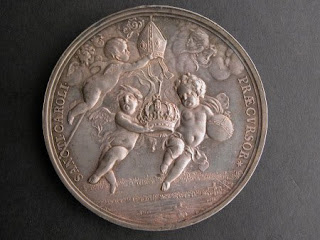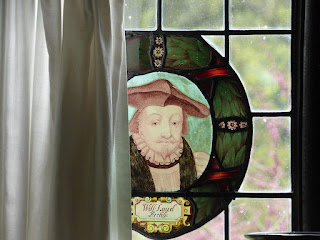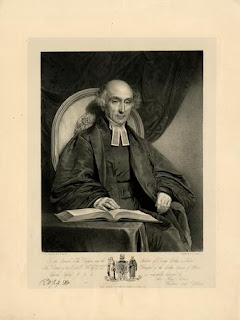"This most holy Religion, with the Hierarchy and Liturgy thereof": Charles I's 1644 Declaration "to the Protestant Churches beyond the Seas"

Published in Latin, English, and French on 13th May 1644, ' The Declaration of the most Excellent and Potent Prince, Charles King of Great Britain, sent to the Protestant Churches beyond the Seas ' offers a significant insight into the Caroline defence of the Elizabethan Settlement. In face of the Parliamentarian dismantling of the Elizabethan Settlement - beginning in 1643 and completed in 1645 - Charles addressed "the Protestant Churches beyond the Seas", presenting "the Anglicane Church" as the jewel of the Reformed Churches, its liturgy and discipline admired by those Churches beyond the Seas. This was a classic Conformist understanding , shared by both Laudians and non-Laudians, and to be repeated by Conformist apologists after the Restoration (e.g. Durel's work being an obvious and significant example). Another feature shared by 'Reformed Conformists' and Laudians is the invocation of the Lutherans of Germany, Denmark, and Sweden, togeth...














